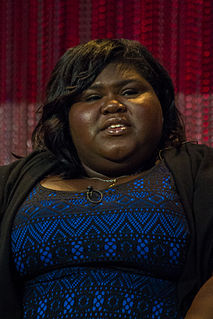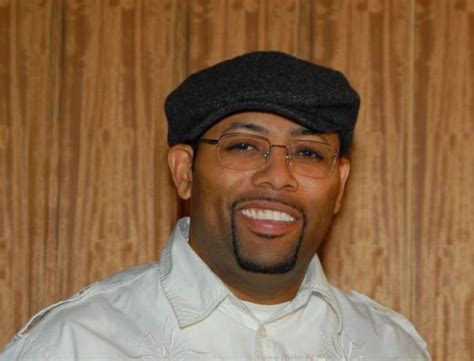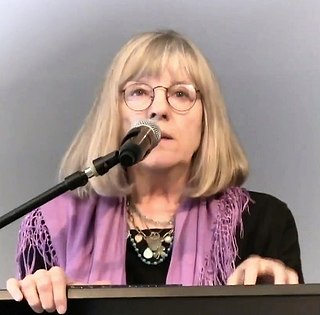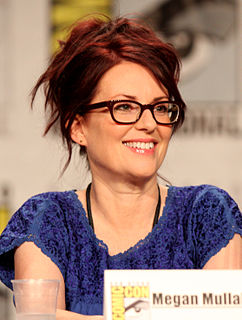A Quote by Robin S. Sharma
I used to be incredibly afraid of public speaking. I started with five people, then I'd speak to 10 people. I made it up to 75 people, up to 100, and now I can speak to a very large group, and it feels similar to speaking to you one-on-one.
Related Quotes
It's a very scary time for a lot of people; they feel scared to speak up. There's so much controversy even speaking up about politics to begin with. People try to discredit you at every single corner, especially if you're a woman. So it's hard as an artist to really speak up about this kind of stuff when you're trying to be successful and have a career.
I was raised by a strong mother who always taught me to speak up, I never had difficulty leaving an uncomfortable situation or cutting eye contact; people used to call me cold. Girls need to learn that they're allowed to say no and to speak up. This is what I work on in Africa with the girls, but the issue is global and I'm glad that women are speaking up and saying that we won't put up with it anymore.
It's a sick thing, right: people are afraid of public speaking. I do public speaking, except my public speaking involves the audience only having one type of emotion and one type of reaction. If they have anything other than laughter, it's a failure. That's an absurd thing for a human to try to seek. The main thing to realize is that whatever I say, it's my truth and I believe in it, and if I don't get a laugh off that, then it's not working.
When we speak about wisdom, we are speaking about Christ. When we speak about virtue, we are speaking about Christ. When we speak about justice, we are speaking about Christ. When we speak about peace, we are speaking about Christ. When we speak about truth and life and redemption, we are speaking about Christ.
You can't be afraid to speak the truth. If you're speaking truthfully - no matter if you're White, Black, Hispanic, Asian - if it's the truth, it's the truth! And if that's what you're telling, you have no reason to be fearful, or, worry about people trying to diffuse what you're doing. Because, if you're speaking the truth, they can't beat the truth.
When you speak a foreign language, you become someone else. If you aren't used to speaking a language, and you start speaking it again, for the first few sentences you'll find yourself in very strange shape, because you're still the person who was speaking the first language. But if you keep speaking that language, you will become the person who corresponds to it.
There is speaking well, speaking easily, speaking justly and speaking seasonably: It is offending against the last, to speak of entertainments before the indigent; of sound limbs and health before the infirm; of houses and lands before one who has not so much as a dwelling; in a word, to speak of your prosperity before the miserable; this conversation is cruel, and the comparison which naturally arises in them betwixt their condition and yours is excruciating.
I do feel that now and I feel that this development of recording poems, of speaking poems at readings, of having records of poets, I think this is a wonderful thing. I'm very excited by it. In a sense, there's a return, isn't there, to the old role of the poet, which was to speak to a group of people, to come across.
Speaking theoretically, in a completely made-up world where 'Will & Grace' is coming back to NBC for 10 episodes - just in that made-up world - it couldn't be a better time. I think more so now than even when we started! And who would have ever - I mean, it's heinous that it's because Donald Trump is the president-elect.




































